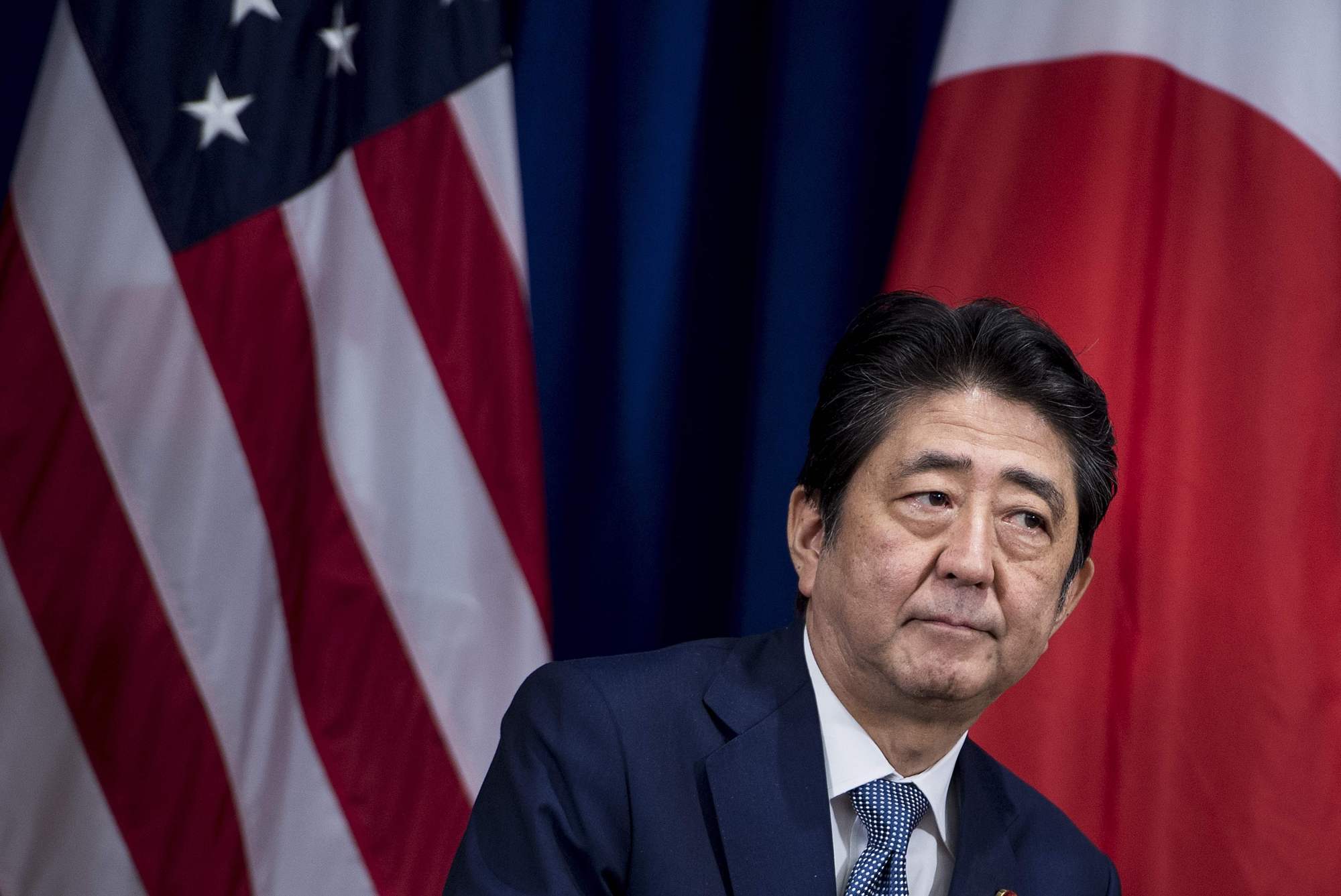As Prime Minister Shinzo Abe slithers away from accountability for various scandals, let's consider some of his other sins. As one of Japan's longest-serving premiers he has left an indelible mark, but is he a transformative leader?
Yes, in terms of security policy and centralizing power in the prime minister's office, but not so much in terms of regional reconciliation, the economy, university education or gender bias. Abe injected some swagger into a nation reeling from the 2011 natural and nuclear disasters, and also raised hopes that the "lost decades" are over. In terms of identity politics and culture wars he chalked up significant successes for his reactionary base, but he has stoked the politics of intolerance, and by trying to rehabilitate Japan's wartime past, he has repeatedly shifted the spotlight away from Japan's impressive post-1945 achievements to the nation's most dishonorable era.
While Abe's super-active diplomacy marks a departure from his predecessors, he did not chart new paths, mostly taking cues from Washington. The vision of transformation he conjured up during his first year in office has never been realized. Even so, unlike many of his predecessors, Abe will not be a forgettable figure, if only because he understood the theater of politics and orchestrated it quite effectively.



















With your current subscription plan you can comment on stories. However, before writing your first comment, please create a display name in the Profile section of your subscriber account page.